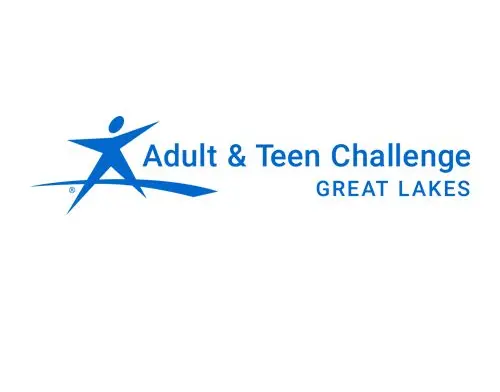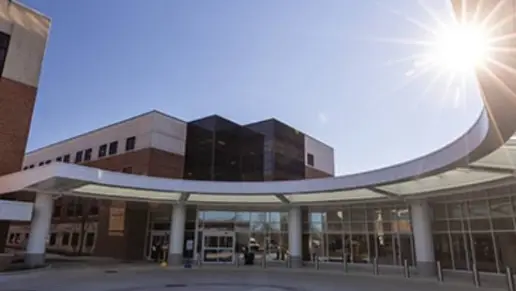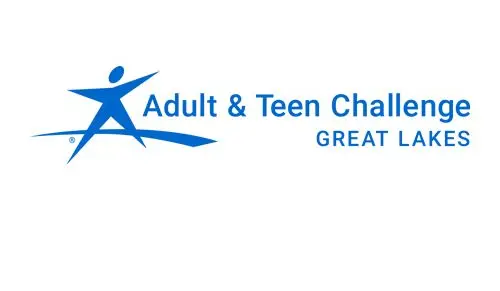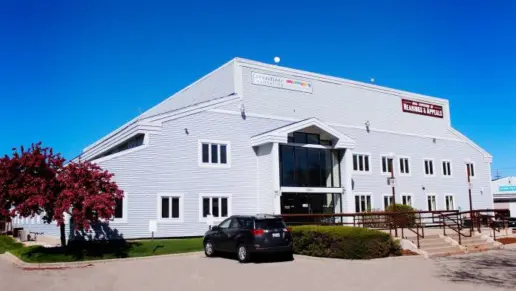a great organization that really cares about the well-being of its residents. my brother was able to get passed his addiction and reunite with his family. i was able to visit during family days and he was a different man. thank you.
About Great Lakes Men’s Rehabs
The Great Lakes Men’s Rehab Center of Hope is considered one of the top Adult & Teen Challenge facilities in the United States. The property consists of the Don Wilkerson Memorial Chapel, the Center of Hope Men’s Dorm, the White House Administrative Building, an eight-unit staff housing building, and a full-service vehicle facility.
The Great Lakes Men’s Rehab Center of Hope is considered one of the top Adult & Teen Challenge facilities in the United States.
Great Lakes Men’s Rehab, part of Teen Challenge, focuses on the total person with spiritual, emotional, physical, social, and educational training to prepare them for their new life, post addiction. All aspects of our program are focused on achieving abstinence from alcohol and other drugs, and most importantly, building the foundation to support recovery for a lifetime, including spiritual recovery.
Why choose Great Lakes Men’s Rehab first? Long-term residential recovery programs like Great Lakes Men’s Rehab, part of Great Lakes Adult & Teen Challenge, differ from typical short-term programs you hear so much about. Short-term “revolving door” programs are visited again and again by relapsed addicts, temporarily solving the addiction, but never solving the core of the problem so the addiction comes right back again. So, the addict has to return to rehabs again and again, costing them, their insurance carrier, or their family tens of thousands of dollars each time. Every day, Great Lakes Men’s Rehab enrolls individuals who have previously attended 5, 10, 20, or even 30 costly short-term rehabs, to no avail. They should have come to Great Lakes Men’s Rehab first!
How is Great Lakes Men’s Rehab is different? It is one of the few programs that will dedicate a whole year to work with each addict. That is a huge financial commitment by the organization and community, but it is the time needed in order for the recovery rates to be what they are. The day-to-day structure, community, and faith emphasis over such an extended period of time bring addicts slowly out of wrong and drug-impacted thinking into an awareness of a purpose for their life and a new way of thinking and living. Such a new purpose and way of living is one that has no place for abusing drugs or alcohol; addiction is replaced by self-love, peace, happiness, purpose, and excitement for the future.
Rehab Score
Gallery
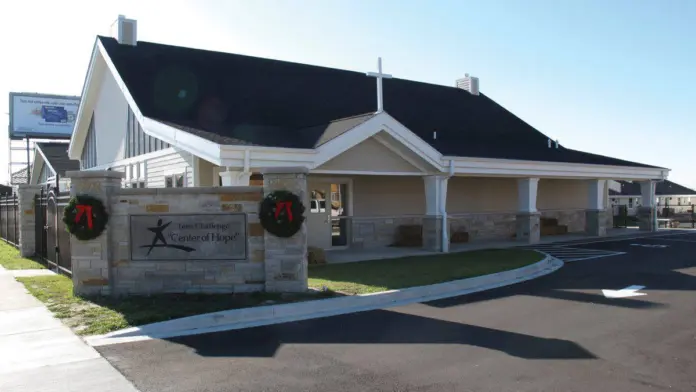
Location
Other Forms of Payment
Private insurance refers to any kind of healthcare coverage that isn't from the state or federal government. This includes individual and family plans offered by an employer or purchased from the Insurance Marketplace. Every plan will have different requirements and out of pocket costs so be sure to get the full details before you start treatment.
Self-pay involves paying for treatment out of your own pocket. You can use savings or credit, get a personal loan, or receive help from family and friends to fund your treatment. If you don't have insurance or your insurance plan doesn't cover a specific program, self-pay can help ensure you still get the care you need.
Addiction Treatments
Levels of Care
Treatments
The goal of treatment for alcoholism is abstinence. Those with poor social support, poor motivation, or psychiatric disorders tend to relapse within a few years of treatment. For these people, success is measured by longer periods of abstinence, reduced use of alcohol, better health, and improved social functioning. Recovery and Maintenance are usually based on 12 step programs and AA meetings.
The goal of drug rehab in Wisconsin is to address drug addiction as a complex issue that involves physical, mental, and relational aspects. During rehab, treatment focuses on each of these areas and gives you the tools you need to achieve and maintain sobriety.
A combined mental health and substance abuse rehab has the staff and resources available to handle individuals with both mental health and substance abuse issues. It can be challenging to determine where a specific symptom stems from (a mental health issue or an issue related to substance abuse), so mental health and substance abuse professionals are helpful in detangling symptoms and keeping treatment on track.
Opioid rehabs specialize in supporting those recovering from opioid addiction. They treat those suffering from addiction to illegal opioids like heroin, as well as prescription drugs like oxycodone. These centers typically combine both physical as well as mental and emotional support to help stop addiction. Physical support often includes medical detox and subsequent medical support (including medication), and mental support includes in-depth therapy to address the underlying causes of addiction.
Programs


Clinical Services
Group therapy is any therapeutic work that happens in a group (not one-on-one). There are a number of different group therapy modalities, including support groups, experiential therapy, psycho-education, and more. Group therapy involves treatment as well as processing interaction between group members.
In individual therapy, a patient meets one-on-one with a trained psychologist or counselor. Therapy is a pivotal part of effective substance abuse treatment, as it often covers root causes of addiction, including challenges faced by the patient in their social, family, and work/school life.
When conducting motivational interviewing in Wisconsin, therapists engage with their clients as equal partners. They don't provide unsolicited advice or confront clients. Instead, they ask questions and listen, with the goal of empowering clients to recognize any need for change and their ability to make those changes.
Research clearly demonstrates that recovery is far more successful and sustainable when loved ones like family members participate in rehab and substance abuse treatment. Genetic factors may be at play when it comes to drug and alcohol addiction, as well as mental health issues. Family dynamics often play a critical role in addiction triggers, and if properly educated, family members can be a strong source of support when it comes to rehabilitation.
Life skills trainings involve all the skills a person must have in order to function successfully in the world. These include time management, career guidance, money management, and effective communication. Truly successful addiction recovery is based on the ability to not only live substance-free, but to thrive. Life skills teaches the practical necessities of functioning in society, which sets clients up for success in life, and therefore sobriety.
Amenities
-
Residential Setting
-
Private Rooms
-
Gardens
Accreditations

The Commission on Accreditation of Rehabilitation Facilities (CARF) is a non-profit organization that specifically accredits rehab organizations. Founded in 1966, CARF's, mission is to help service providers like rehab facilities maintain high standards of care.
CARF Accreditation: Yes
Contact Information
5301 North 91St Street
Suite B
Milwaukee, WI 53225
